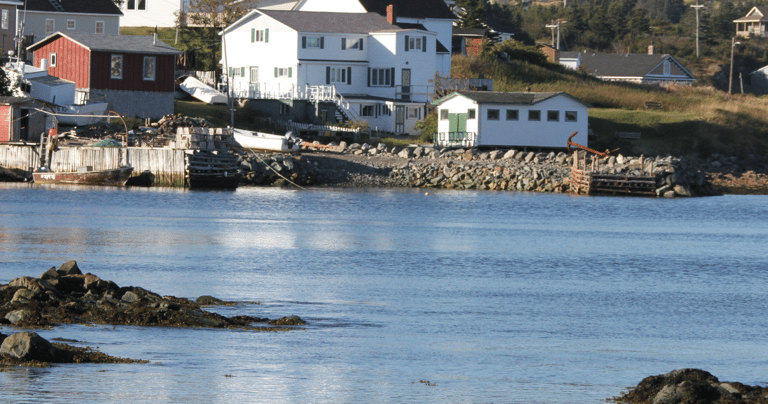
Atlantic Canada
Newfoundland and Labrador
Wheather
On the Island of Newfoundland, the average summer temperature is 16 °C, while winter can be as low as 0 °C. In Labrador, temperatures in winter are low to minus 40 C, but in summer, they rise to 25 C.
Where can you work?
Oil and gas, mining, hydroelectricity, and fishery are industries in this province. Some companies are focused on ocean or resource extraction, aerospace, biotechnology, e-learning, and advanced manufacturing.
Capital City
The City of St. John's is Canada's most easterly city and the capital of the province of Newfoundland and Labrador. It is the province's leading commercial, financial, educational, and cultural center and the seat of the Government.
How can you immigrate?
The Provincial nominee program offers the following categories: Express Entry Skilled Worker, Skilled Worker, International Graduate, International Entrepreneur, and International Graduate Entrepreneur.
Prince Edward Island
Capital City
It is the smallest province in Canada, known for its beautiful landscapes, red sand beaches, low cost of living and high quality of life; the capital is Charlottetown.
How can you immigrate?
The provincial nominee program offers the option to immigrate to Canada as a worker, either from within or outside Canada. You can also immigrate through the Atlantic Immigration Program.
Wheather
Prince Edward Island has a mild climate, thanks to the warm waters of the Gulf of St. Lawrence. Being surrounded by water also means there is usually a breeze, and at times it can get quite windy. Summer is the season of perfect beach weather, with the warmest beach waters in Canada.
Where can you work?
The economy is based on primary sector activities such as Agriculture, fishing, and tourism. The province is modernizing its systems to become a center for bioscience, manufacturing, financial services, and banking. It is one of the most affordable places to settle down.
New Brunswick
Wheather
New Brunswick has the warmest saltwater beaches in Canada and is accessible by major airports and highways, as well as by cruise ship, ferry, and rail. Winters are cold, and in the summer, the temperature changes to a warm climate that reaches 20-30 degrees Celsius.
Where can you work?
The economic activities are fishing, agriculture, mining, manufacturing, forestry, services, tourism, banking and finance. The city of Moncton and its surrounding areas are the province's most significant economic centers. New Brunswick is widely recognized as an international leader in potato production.
Capital City
The Greater Moncton Area, comprising Moncton, Dieppe, and Riverview, offers a delightful fusion of English and French Acadian cultures at the heart of the Maritimes. It presents a perfect blend of outdoor adventures and urban experiences.
How can you immigrate?
You can become eligible under the Atlantic Immigration Program or the Provincial Nominee Program, which is intended for Skilled Workers and International Student graduates in the Province, among others.
Nova Scotia
Capital City
It is relatively small compared to other Canadian provinces, but it is one of the most densely populated. According to Statistics Canada, in 2022, the population was around 1,007,049. Almost half of the province's population lives in its capital, Halifax.
Where can you work?
Nova Scotia has a variety of industries and businesses to work in, from forestry, fishing, mining, and oil and gas to agriculturally driven sectors and construction. However, the service sector dominates Halifax.
Wheather
Winter is from December to March. February is the coldest month in Nova Scotia, with an average daily high of -6 C and a nighttime low of -15 C. Fall, from September to November, is one of the most beautiful seasons. Temperatures range from 0 C to 20 C. July is the warmest month.
How can you immigrate?
The Nova Scotia Nominee Program is designed for individual prospective immigrants who have the skills and experience targeted by the province of Nova Scotia.
































